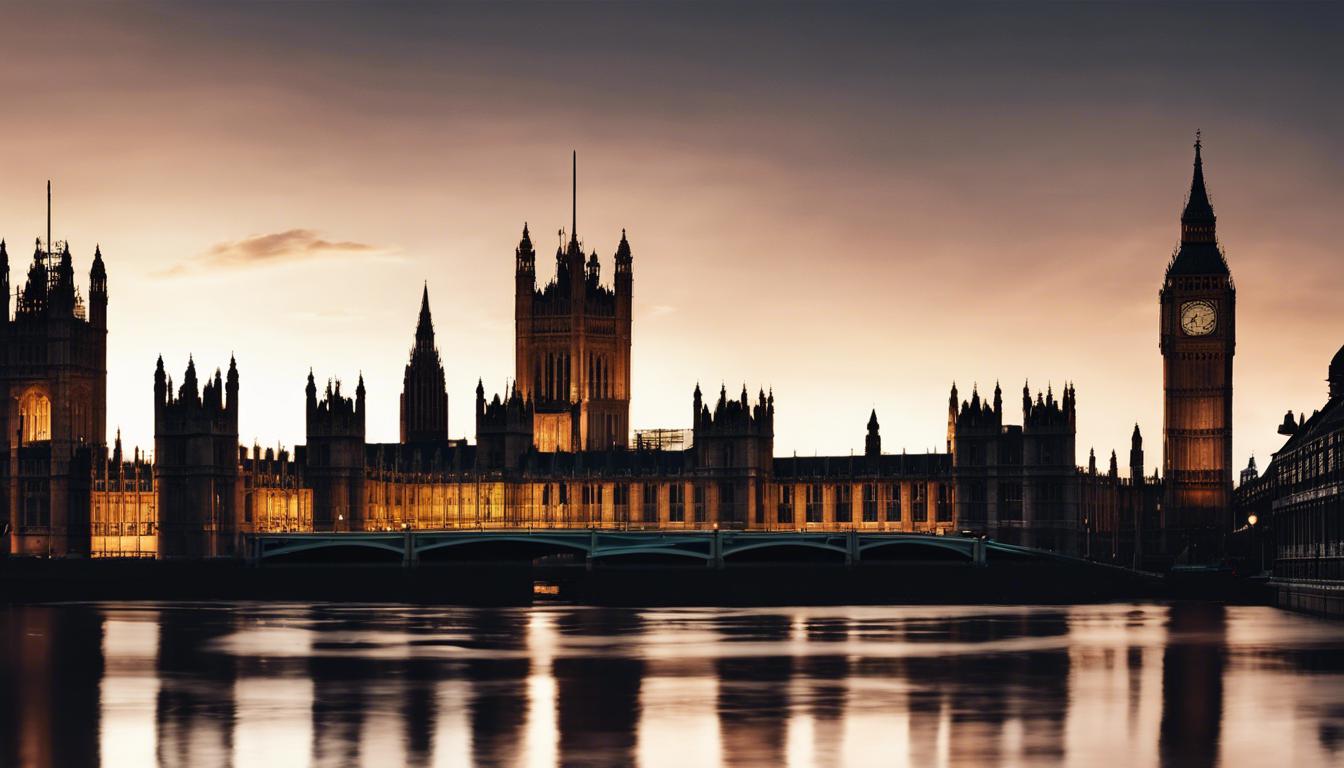Rishi Sunak’s administration battles through legislative challenges to advance its Rwanda deportation plan and public health initiatives, amidst opposition and debate in the UK Parliament.
Rishi Sunak’s administration has taken decisive steps to advance the Rwanda deportation plan, facing potential obstacles in the House of Lords but successfully countering amendments that aimed to alter the course of the legislation. The discussed bill, which seeks to designate Rwanda as a suitable destination for deporting certain asylum seekers arriving via the English Channel, has stirred substantial debate within the UK Parliament. Despite opposition, MPs have rejected ten amendments from the Lords, indicating the bill might soon receive Royal Assent.
The legislation’s trajectory faced scrutiny, as it not only addresses illegal crossings and the involvement of human traffickers but also incorporates measures to ensure the safety and appropriate treatment of minors within the asylum-seeking process. Conservative MPs have expressed concern that any delay or modification could undermine efforts to manage the increasing migrant crossings effectively.
In parallel discussions, Sunak’s government has introduced a bill proposing a cigarette sale ban to individuals born after January 1, 2009, aiming to incrementally raise the legal smoking age. Despite facing resistance, notably from within the Conservative Party, the bill has supporters who see it as a positive step for public health.
Further complexities emerge with concerns over Northern Ireland potentially becoming a ‘weak spot’ for illegal migration if it’s excluded from the Rwanda plan. DUP MPs highlighted the regional and national implications of failing to secure all UK borders against illegal migration uniformly, underscoring an intertwined issue of national security and immigration policy integrity.
These discussions reflect the broader challenges Rishi Sunak’s government faces in balancing public health initiatives, immigration policy reform, and maintaining governmental unity amidst divisive legislative proposals. As debates continue, the outcomes of these legislative efforts will likely have lasting implications for the UK’s approach to immigration and public health policy.













